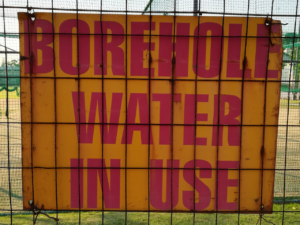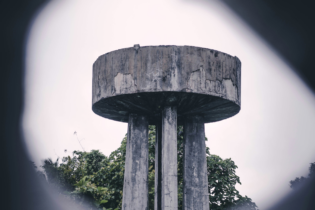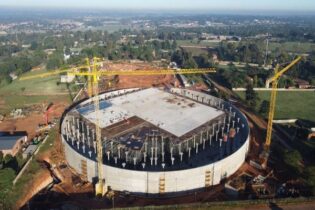“It is worth noting that the City of Johannesburg does not allow borehole water to be used for commercial purposes, a problem that many businesses are facing. Recently, we applied for special permission to extract borehole water for a private hospital and we were refused, highlighting the severity of these laws. When everything is working properly this isn't an issue but having a hospital rely on tankers is not great.”
When load shedding was at its peak, people bought inverters and switched to solar. Now the water crisis has citizens weighing their options for alternative and augmented water supply. Navigating this landscape can be difficult, so it is important to ensure that you remain above board.
The difference between electricity and water is that it is almost impossible to rely completely on your own supply, and quick fixes are not as available. There is no equivalent to a generator for water. However, there are options, but water expert Ayesha Laher, director at AHL Water, urges people to do their due diligence and ensure they act in accordance with their local bylaws.“I understand the frustration, and the impulse to do anything to help like drill a borehole, but there are serious considerations to consider,” says Ayesha.
What are the options?
Boreholes
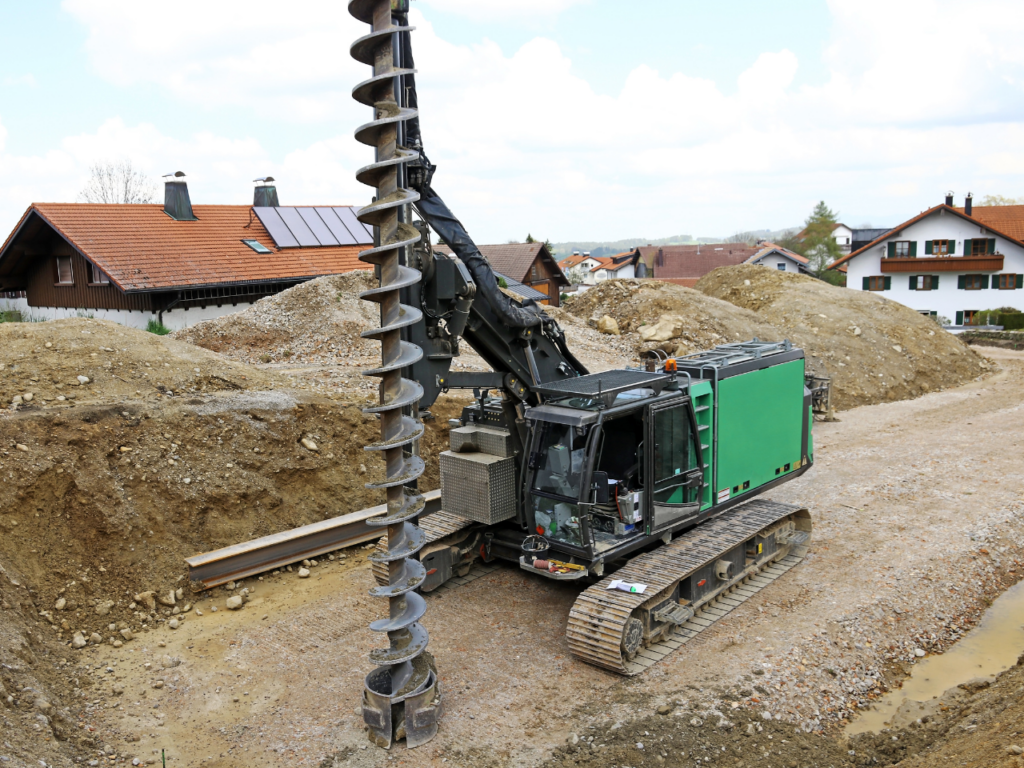 Boreholes are a great way to augment your water supply, they are, however costly and subject to a variety of laws. “People are under the impression that you can just drill a borehole and use the water to your heart’s content, but that is not the case,” says Ayesha and adds,
“Firstly depending on where you live you would have to comply with local bylaws.”
In the City of Johannesburg: In order to drill a borehole you must get permission from the Council, which if given the go-ahead will ask you to test the water and only if it adheres to the water quality standards set out by the city will you be able to commence drilling. This is also done at the cost of the person requesting permission.
Boreholes are a great way to augment your water supply, they are, however costly and subject to a variety of laws. “People are under the impression that you can just drill a borehole and use the water to your heart’s content, but that is not the case,” says Ayesha and adds,
“Firstly depending on where you live you would have to comply with local bylaws.”
In the City of Johannesburg: In order to drill a borehole you must get permission from the Council, which if given the go-ahead will ask you to test the water and only if it adheres to the water quality standards set out by the city will you be able to commence drilling. This is also done at the cost of the person requesting permission.
“There are plenty of companies willing to just drill a borehole, it is better to go with a reputable company that will do the proper work and all the associated testing. It’s also important to follow the extraction allowance as not doing so will cause sinkholes,” adds Ayesha. Similar rules apply to the Ekurhuleni Municipality.
Water retaining tanks
These simple tanks provide water in times of need, Ayesha says, “If you are planning on drinking the water from the tank it’s important to buy a simple UV light that will kill bacteria.” It is worth noting that the City of Johannesburg does not allow borehole water to be used for commercial purposes, a problem that Ayesha says many businesses are facing.“Recently we applied for special permission to extract borehole water for a private hospital and we were refused,” highlighting the severity of these laws, “when everything is working properly this isn’t an issue but having a hospital rely on tankers is not great.”
Common problems
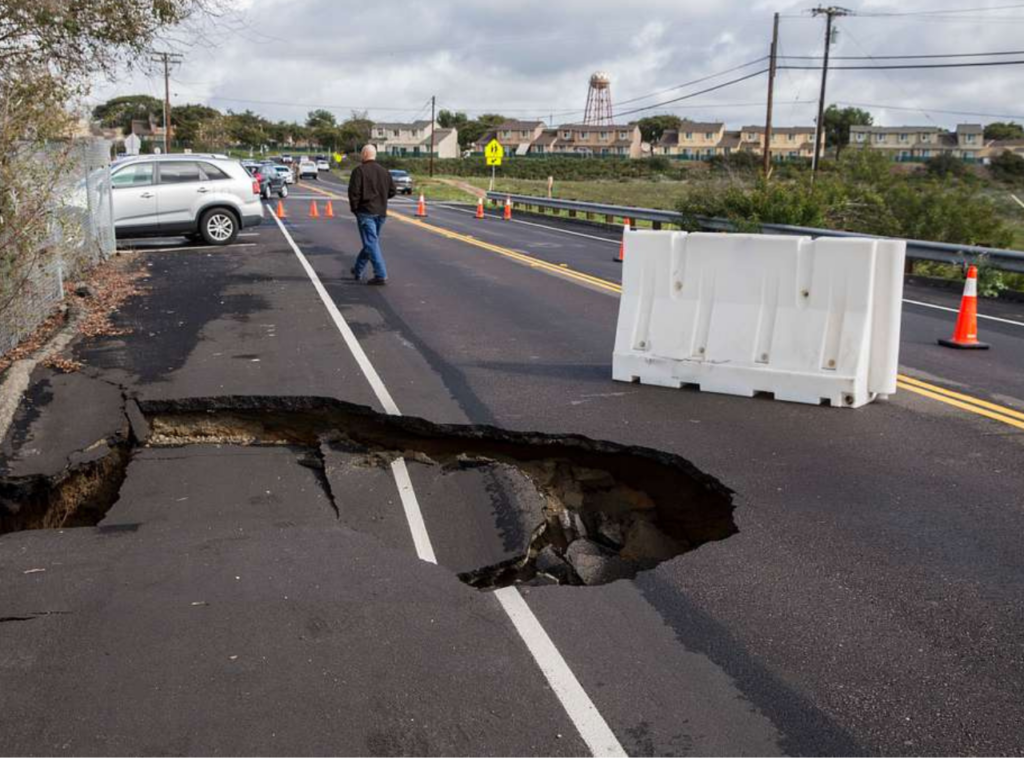
Over extraction of a borehole can cause sinkholes and damage to the environment and infrastructure
- Quality of the groundwater: As previously mentioned, it is vital to check the water quality of your source. In Randburg, there are cases of high concentrations of nitrates which can lead to acute health problems in adults and death in infants and toddlers.
- Sinkholes: The extraction volumes are not just guidelines but are put in place to ensure the water supply is sustainable as well as structurally sound. Over-extraction can lead to sinkholes, which is a growing problem in urban and residential areas.
- Illegal drilling: With the ongoing crisis, some people might feel that they are entitled to water from a borehole, but illegal drilling can lead to acid mine drainage being surfaced and entering the water system.


